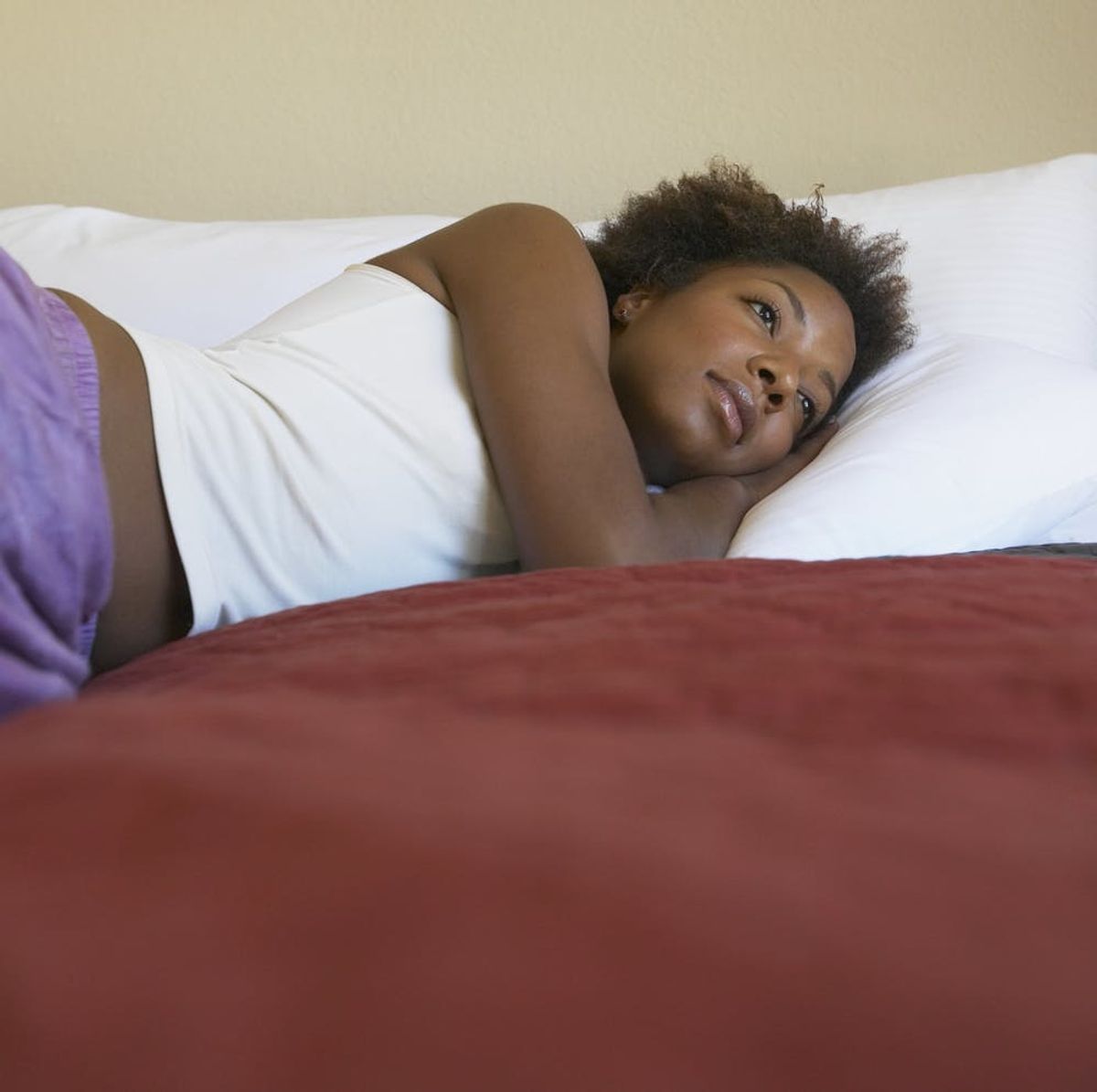Science May Have an Answer for Why You’re Having Trouble Sleeping

When it comes to catching some shut-eye, there are generally two groups of people: the haves and the have-nots (do you know which one you are?). Some can fall asleep at a moment’s notice, drifting into La La Land the instant their head touches the pillow. Others will toss and turn for hours (which hurts more than just your health!) before finally seizing a few, fitful bursts of sleep. What’s more, some will also be more privy to dreams than others — but have you ever stopped to wonder why?
The findings showed that two genes in particular were linked to our two stages of sleep: REM (AKA rapid eye movement) sleep which involves intense brain activity, movement and dreaming) and NREM (non-rapid eye movement) sleep, which includes drowsiness, light sleep and slow wave, or deep sleep.
Those that were introduced to a gene mutation known as Sik3 (that’s salt-inducible kinase 3, if you must know) were far more prone to have increased NREM sleep — 50 percent more, to be exact. That means that mice carrying Sik3 were showing stronger signs of drowsiness (particularly when sleep-deprived) and experiencing deeper sleep than their controlled brethren.
Another gene mutation, dubbed Nalcn (or sodium leak channel non-selective, if you wanna get fancy) saw carrying groups having less REM sleep, essentially causing them to dream less than their non-Nalcn-carrying peers.
So why is that important? Well, its pretty huge news, particularly with regard to those aforementioned have-nots, because if we can pinpoint a gene causing someone to have less REM or NREM sleep (both of which are considered important for overall health and wellbeing), we just might be able to cater to it, medically speaking.
Senior study author Dr. Masashi Yanagisawa says that “…In theory, this study opens up possibilities to create new sleep-regulating drugs, but doing so will occur in the distant future.”
Hey, any positive progress at all is good news these days, right? We’ll take it!
Do you suffer from sleep issues/disorders? Share your experience with us @BritandCo.
(h/t Medical News Today, photos via Getty)

















